The conflict in Gaza, now in its third month, is showing no signs of slowing down or willingness by any party to cease fighting. Both Israel and Hamas actually bear interest in the continuation of the conflict, which started on Oct. 7.
Israel’s devastating aerial and ground offensive has left Gaza in ruins, killed more than 18,600 people, mostly women and children, and caused unparalleled damage to the Gaza Strip. However, amid the mounting deaths on both sides, support among Gazans for Hamas’ resistance, as well as Israeli extremists’ wish to pursue the end of Hamas, the violence continues.
In the first stages of the conflict, many questioned the reasons behind Hamas’ attack on Israeli territory that initiated the violence, seeing no strategic advantage reached from the move that unleashed Israel’s unprecedented air bombing on Gaza. But the motives are clearer now.
Hamas has achieved at least three crucial goals as a result of the Oct. 7 incidents and what followed. The decadeslong Palestinian cause, in which the international community had lost interest, has currently become the main global agenda, leaving behind other conflicts and wars, such as Syria and even Ukraine. Hamas has achieved its goal of Gaza becoming the center of the resistance after being left in the shadow for years, with attention being focused mainly on the occupied West Bank due to continuous illegal Israeli settlements and the tensions born out of it.
A poll published recently by the Palestinian Center for Policy and Survey Research showed Hamas leader Ismail Haniyeh had the support of 78% of people in the Palestinian territories, compared to 58% before the war. This shows that the many civilian sacrifices of the Palestinian population did not hinder continued support toward Hamas.
Secondly, the conflict has been essential to display the brutality of Israel’s occupation and treatment of civilians through wide media coverage and the support of several leading countries. Public opinion on the international stage is slowly turning against Israel, with civilian deaths mounting by the day. This week, the U.N. General Assembly overwhelmingly backed a non-binding resolution for a cease-fire in a sign of shifting intentions. Even Israel’s main backer, Washington, has to answer calls to stop the collective punishment of Palestinian civilians.
U.S. President Joe Biden, whose government has provided Israel with billions of dollars of military aid, on Wednesday gave his sharpest rebuke of the war yet, saying Israel’s “indiscriminate bombing” of Gaza was weakening international support.
But Israeli Prime Minister Benjamin Netanyahu doubled down on his offensive, vowing, “We are going until the end, until victory, nothing less than that.”
And Israeli Foreign Minister Eli Cohen said the war against Hamas would continue “with or without international support.”
Thirdly, Hamas’ move disrupted Arab-Israeli normalization as Saudi normalization would have meant the end of a chapter for Palestine, whose cause had been championed by the Arab world for years and was even dubbed the “Arab-Israeli conflict” instead of the currently used “Palestinian-Israeli conflict.”
On the other side, Tel Aviv has its own objectives in refraining from ceasing its attacks. Hamas, making the first move to attack Israeli territory, has gained Tel Aviv partial justifiability in taking revenge, with several Western countries acknowledging Israel’s “right to self-defense.” Taking advantage of the last bits of Western support, Israel hopes to eliminate its long-time foe Hamas completely. Whether this is possible is another discussion since Hamas must not be viewed solely as a group but as deeply embedded in the Palestinian population and not just as a movement. Moreover, after weeks of fighting, there are few signs that Hamas has been weakened, let alone eradicated.
One more Israeli goal is to clear out Gaza’s population through mass displacements toward the Sinai, opening the way for Tel Aviv to gradually take what remains of the Palestinian territories.
With both warring parties set on furthering their aims on the battlefield, it is no surprise that the recent humanitarian pause could not be translated into a permanent cease-fire. As Clausewitz said, war is sometimes a mere continuation of policy by other means. Yet both Israel and Hamas should weigh whether the humanitarian toll is worth their greater strategic aims.

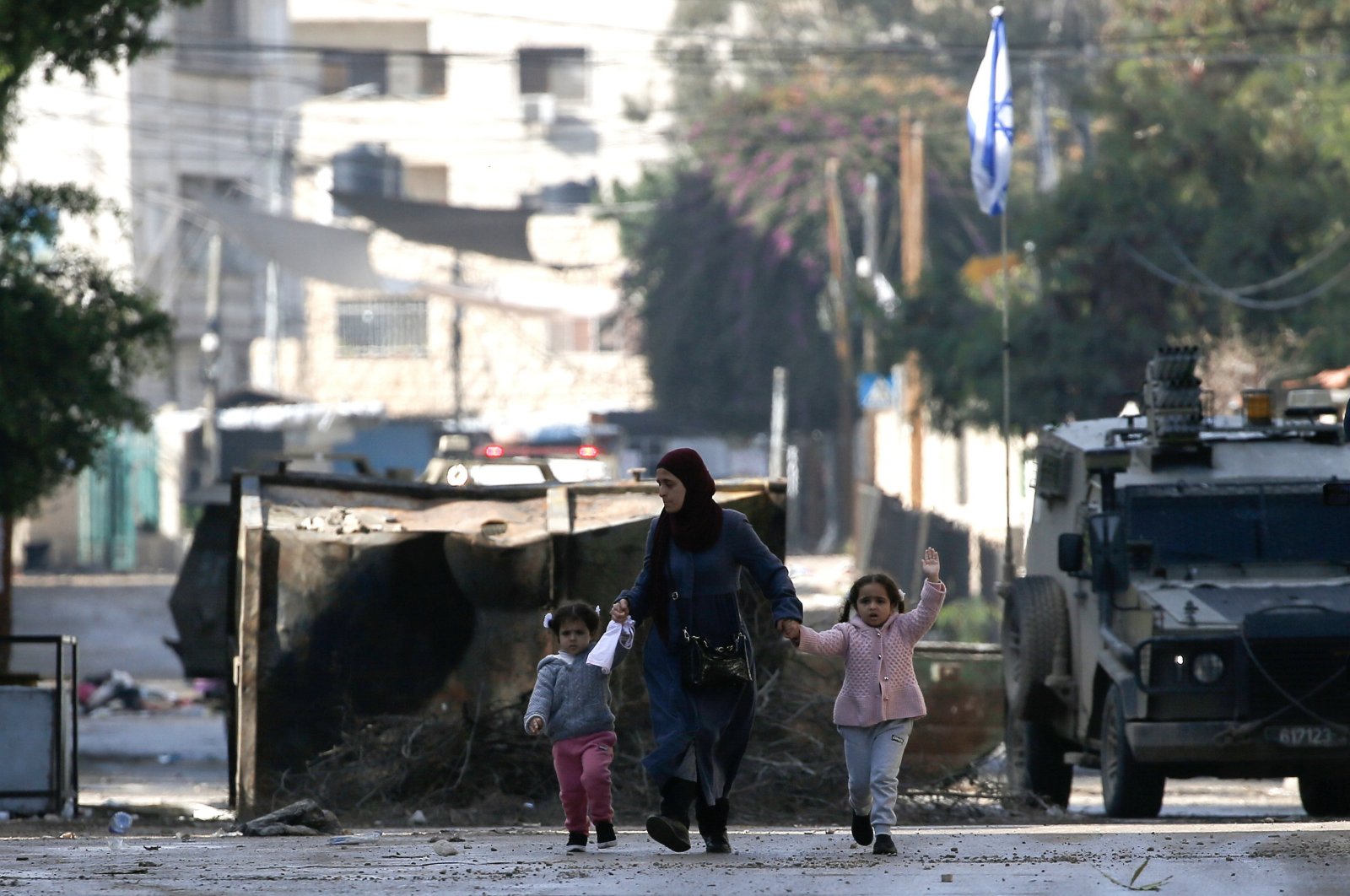

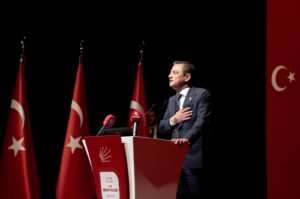















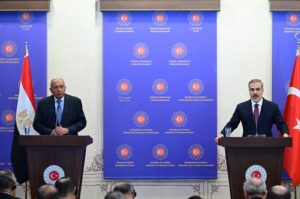

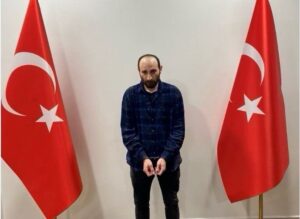




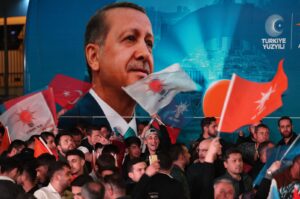

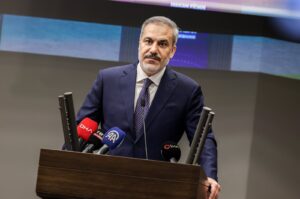

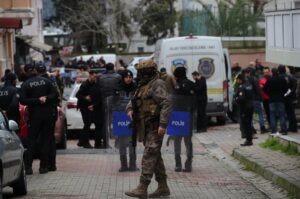



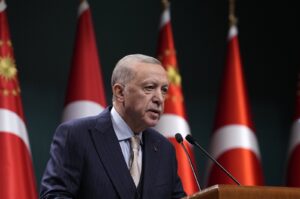
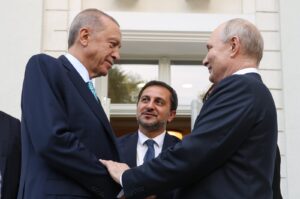
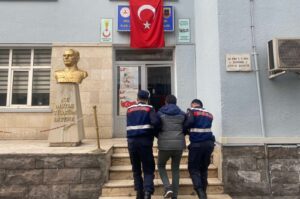
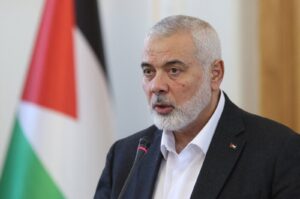
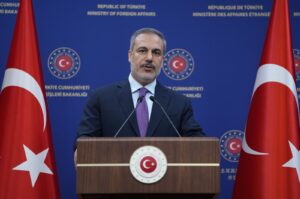


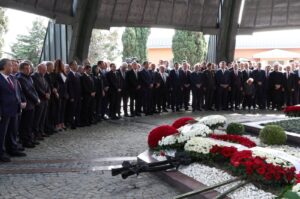
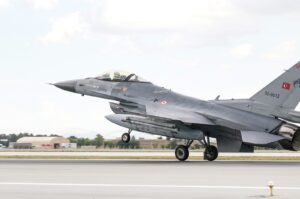



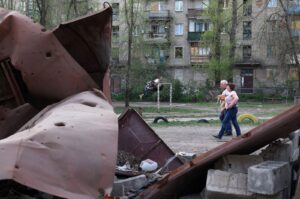
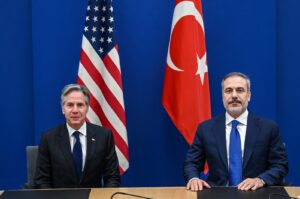




Be First to Comment